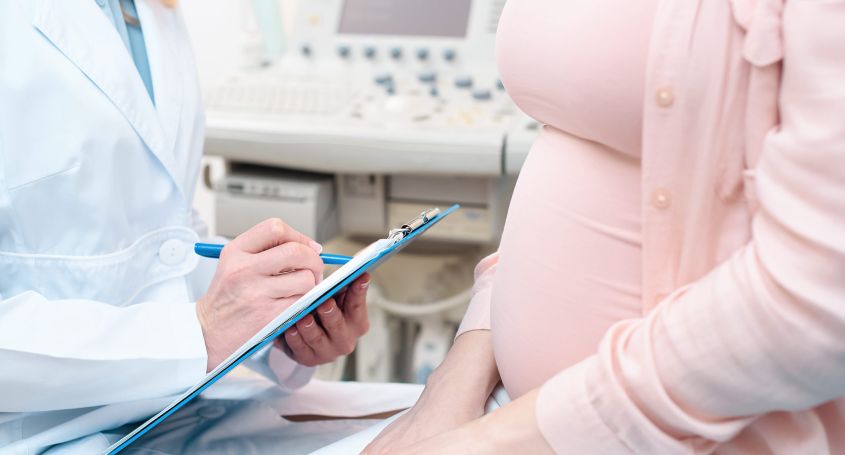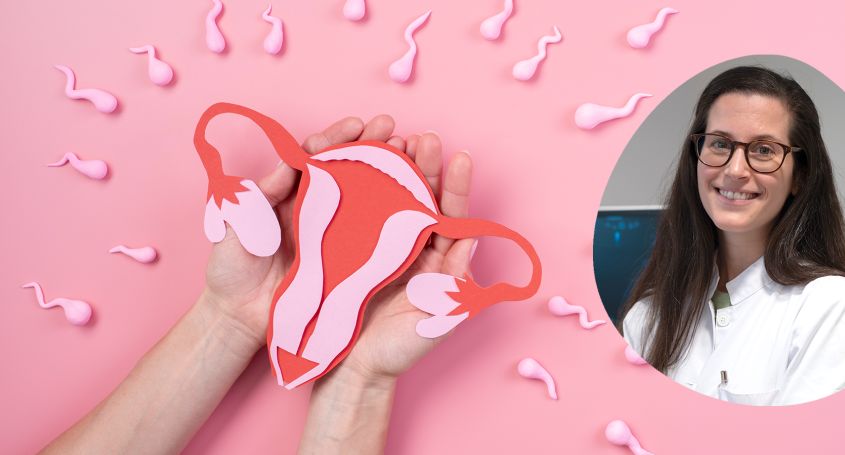One of the most common concerns that arise at the beginning of assisted reproduction treatment is how to combine it with work. The truth is that, except for the day of the follicular puncture, it is possible to work normally. In vitro fertilisation is a practically painless technique that, in general, does not require the patient to be absent from work for long periods of time, except for some medical appointments: visits to the gynecologist, analyses, ultrasound scans or medical tests.
In the following, we review the different phases of the treatment and what you should bear in mind:
Ovarian stimulation
During this first phase, the aim is to ensure that all the eggs that begin to grow in this cycle reach the final stage of maturation and not just one of them, as occurs naturally. To do this, it is necessary to follow a medication schedule to stimulate the eggs and prepare them for the day of the egg retrieval. This phase usually lasts between 10 and 15 days, and during this time you can continue to maintain a completely normal lifestyle. In addition, all IVF medication is prepared to be self-administered and very easy to take, even if it has to be taken during work. As it is important that the times of administration of the drugs are always the same to ensure stable hormone levels, it is advisable to choose a time that is compatible with the daily activity.
During this time it is necessary to carry out ultrasound examinations to monitor the growth of the follicles and to know approximately when the eggs are mature. In most cases it will not be necessary to have more than three ultrasound examinations. In order to fit in these visits outside of your working hours, at Barcelona IVF we have an extensive timetable.
Follicular puncture
In this phase, the mature oocytes are extracted by a simple surgical procedure, which lasts approximately 15-20 minutes. On the day of the puncture, it is advisable to follow some specific habits, such as fasting a few hours before the procedure and resting a few hours after the procedure. Although it is not obligatory, it is best to avoid overexertion during the following 24 hours as a preventive measure. In this case, it is necessary to take 24-48 hours off work.
In any case, a receipt is provided stating that the patient has undergone surgery, as with any other type of medical intervention.
Embryo transfer
Embryo transfer is a simple procedure that does not require anaesthesia or admission. It is completely painless and takes only a short time. After the transfer, the patient can return home and resume a normal life.
During the beta wait period, there is no need to be absent from work, unless there is a specific reason to do so. In fact, living a normal life will help to make the wait somewhat more bearable.
IVF and work: is there a legal protection?
At the moment, there is no special legal protection for women undergoing fertility treatments in Spain, but some countries with more advanced regulations have developed documents in this regard. This is the case of Belgium, which has begun to prepare a legislative proposal to regulate these situations in order to guarantee a better protection for women.
Even so, there are several rulings of the High Court of Justice that maintain that the process of In Vitro Fertilisation must be comparable to a real pregnancy. This means that in the event that the patient must be absent from work for a medical visit or any test, she should have the same rights as a woman whose pregnancy has been achieved in a natural way.





















